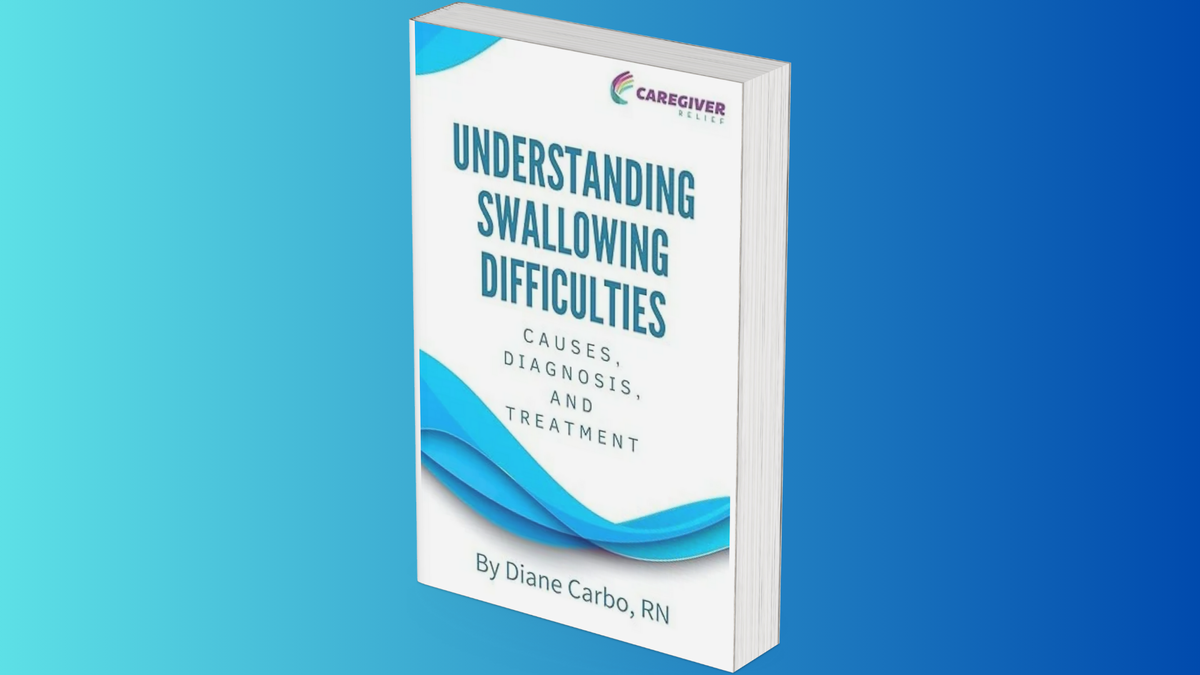Understanding Swallowing Difficulties: Causes, Diagnosis, and Treatment


Are you or a loved one struggling with swallowing? Swallowing difficulties, medically known as dysphagia, are becoming increasingly prevalent, especially among the aging population. This comprehensive guide dives deep into the complexities of dysphagia, ensuring that you have all the knowledge you need at your fingertips.
What's Inside?
- **Introduction to Dysphagia**: Learn the basics of this condition, from its pronunciation to its implications. Whether you're a patient or a caregiver, understanding dysphagia is the first step towards effective management.
- Causes of Dysphagia: Discover the various reasons behind swallowing challenges, from age-related changes in the throat and esophagus to neurological conditions like Parkinson's disease, stroke, and injuries to the head or neck.
- Diagnosis Procedures: Before treatment can commence, a proper diagnosis is essential. This section provides a detailed look into how medical professionals assess dysphagia, including a review of the patient's medical history, a physical examination, and advanced tests like X-rays or endoscopy.
- Treatment Options: Once diagnosed, a tailored treatment plan is crucial. Explore the plethora of treatments available, from swallowing techniques and dietary modifications to strengthening exercises and, in severe cases, surgical interventions.
- Role of Caregivers: Dysphagia doesn't just affect the patient. Caregivers play a pivotal role in managing and treating the condition. Equip yourself with the knowledge and tools to provide the best care possible.
With over 20% of adults over 50 experiencing dysphagia, it's more important than ever to stay informed. "Understanding Swallowing Difficulties" is written with both the aging population and their caregivers in mind, ensuring that readers are well-equipped to navigate the challenges of dysphagia. By understanding the causes, diagnosis procedures, and treatment options, we can collectively improve the quality of life for those affected.
Take Action: Don't let dysphagia control your life or the life of your loved ones. Arm yourself with knowledge, take proactive steps, and join the movement to raise awareness and provide relief to those suffering from swallowing difficulties.




